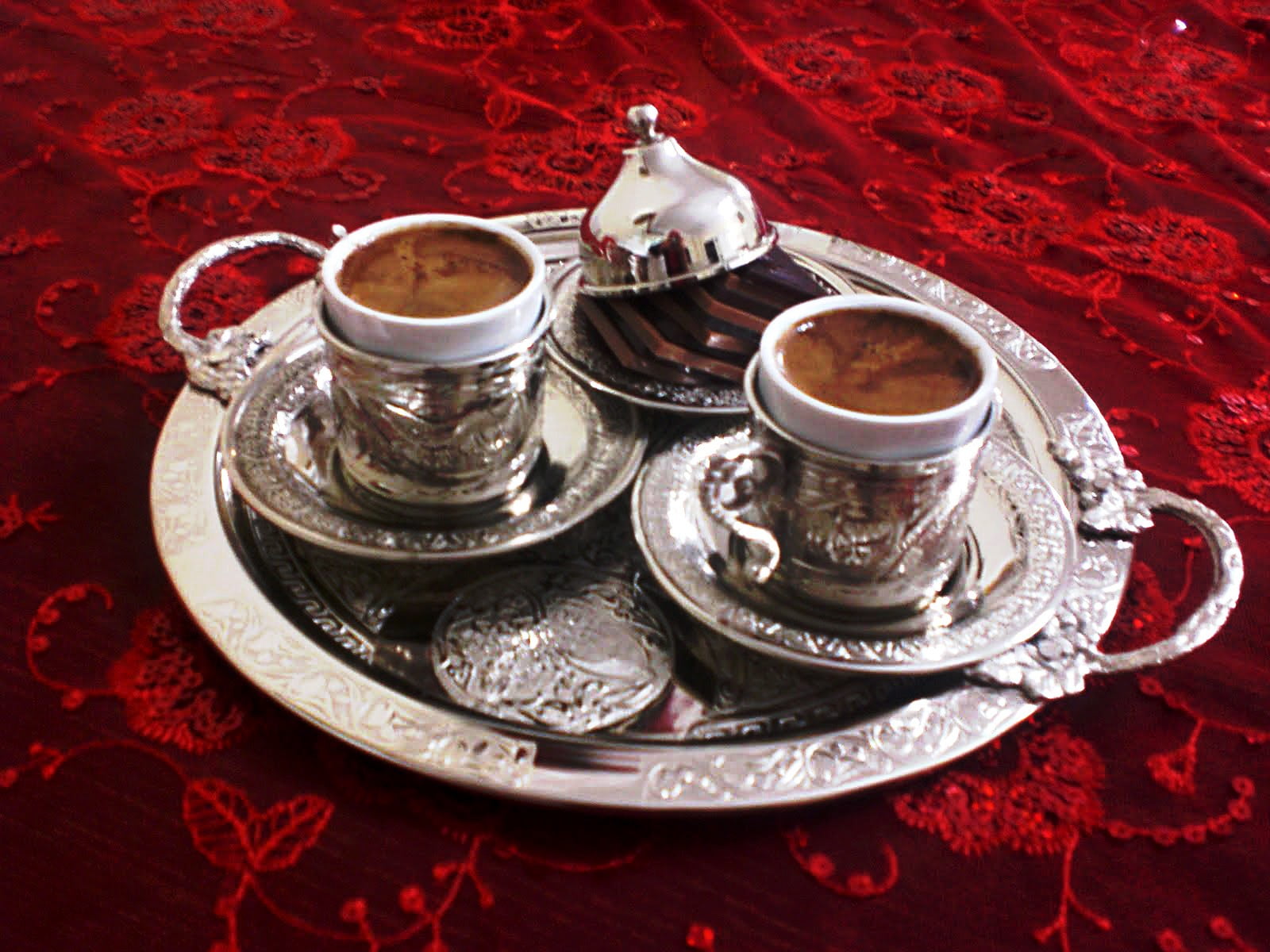
FAQ About Turkish Coffee

What are some historical anecdotes related to Turkish coffee?
Turkish coffee has a rich history, and there are several historical anecdotes that offer insights into its cultural significance, impact on society, and interactions between different cultures. Here are a few interesting historical anecdotes related to Turkish coffee:
- The Coffee Ban and Sultan Murad IV: In the 17th century, Sultan Murad IV of the Ottoman Empire issued a ban on coffee, considering it a vice that led to social problems. Coffeehouses were closed, and those caught drinking coffee could face severe punishments. The ban was strictly enforced, and violators could be punished by drowning, beating, or even execution. The ban was eventually lifted after Murad IV's death.
- The Coffeehouse as a Hub of Ideas: Coffeehouses in the Ottoman Empire were not only places to enjoy coffee but also centers of intellectual exchange. Scholars, poets, and thinkers gathered in coffeehouses to engage in discussions, debates, and the sharing of ideas. These establishments played a crucial role in shaping cultural and social developments.
- Coffee and Diplomacy: Coffee was often used as a diplomatic tool in the Ottoman Empire. During negotiations and discussions between officials and foreign dignitaries, serving coffee was a sign of hospitality and goodwill. It helped facilitate diplomatic relations and fostered a sense of camaraderie.
- The Coffee Book of Sheik Ansari Dede: In the 17th century, Sheik Ansari Dede, a prominent Ottoman mystic and poet, wrote a book titled "Coffee," in which he used the symbolism of coffee to explore deeper spiritual and mystical concepts. The book reflects the significance of coffee in intellectual and philosophical discourse.
- The Introduction of Coffee to Europe: Coffee was introduced to Europe through the Ottoman Empire. The first coffeehouse in Europe, known as "The Angel," opened in Constantinople (Istanbul) in the 16th century. Coffee's popularity spread rapidly across Europe, leading to the establishment of coffeehouses in major cities.
- Coffee and Gender Roles: In Ottoman society, coffeehouses were primarily male-dominated spaces. Men gathered to discuss politics, culture, and philosophy. Coffeehouses were spaces where men could socialize, while women had separate spaces for social interaction.
- Coffeehouses as Information Centers: In the Ottoman Empire, coffeehouses were not only places for conversation but also centers of information dissemination. News, gossip, and announcements were shared and discussed in these establishments, making them important sources of information for the public.
- Coffee's Role in Literature: Coffee and coffeehouses were frequently mentioned in literature, poetry, and plays of the Ottoman era. Poets used coffee-related imagery to convey themes of love, longing, and introspection.
Other Questions About Turkish Coffee
- What is Turkish coffee?
- How is Turkish coffee different from other types of coffee?
- What type of coffee beans are used for Turkish coffee?
- What is the traditional brewing method for Turkish coffee?
- Can I grind the coffee beans at home for Turkish coffee?
- How fine should the coffee grounds be for Turkish coffee?
- What's the significance of using cold water in Turkish coffee preparation?
- Can I use pre-ground coffee for Turkish coffee?
- How do I measure the coffee grounds and water for brewing Turkish coffee?
- What's the purpose of using a cezve (ibrik) for brewing Turkish coffee?
- Can I add sugar to Turkish coffee while brewing?
- What's the trick to achieving the perfect foam on top of Turkish coffee?
- How long should I brew Turkish coffee on low heat?
- Can I add spices like cardamom to Turkish coffee for flavor?
- Is there a specific technique to stir Turkish coffee while brewing?
- How is Turkish coffee traditionally served?
- Why is the coffee served in small cups?
- What's the significance of serving a glass of water with Turkish coffee?
- Should I drink the coffee grounds at the bottom of the cup?
- Can I customize the sweetness of Turkish coffee?
- What are some common accompaniments to Turkish coffee?
- Are there any specific rituals or etiquette associated with serving Turkish coffee?
- Why is fortune-telling often linked with Turkish coffee drinking?
- What's the importance of serving Turkish coffee to guests?
- Can I serve Turkish coffee with dessert?
- Where did Turkish coffee originate?
- How did Turkish coffee become an integral part of Turkish culture?
- What are some historical anecdotes related to Turkish coffee?
- Is Turkish coffee enjoyed only in Turkey?
- How has the preparation and consumption of Turkish coffee evolved over time?
- Are there any specific traditions or ceremonies involving Turkish coffee?
- What role does Turkish coffee play in social interactions?
- Can you explain the symbolism behind the way coffee grounds settle in the cup?
- Is there a difference between Greek coffee and Turkish coffee?
- Are there any modern twists or variations of traditional Turkish coffee?
- What is "menengiç kahvesi" and how is it different?
- Can I make a decaffeinated version of Turkish coffee?
- Can I enjoy Turkish coffee as an iced beverage?
- Are there any alcoholic Turkish coffee-based drinks?
- What's the concept of "sade" and "az şekerli" when ordering Turkish coffee?
- Is Turkish coffee considered healthier than other types of coffee?
- Does Turkish coffee contain more caffeine than regular coffee?
- Is it true that the way you hold the coffee cup can reveal your personality?
- Where can I find traditional cezve (ibrik) for brewing Turkish coffee?

Create new FAQ page, write FAQs and publish for your clients, friends, colleagues, visitors, students, customers, guests, neighbors, or yourself.
Create Your Own FAQ Page now